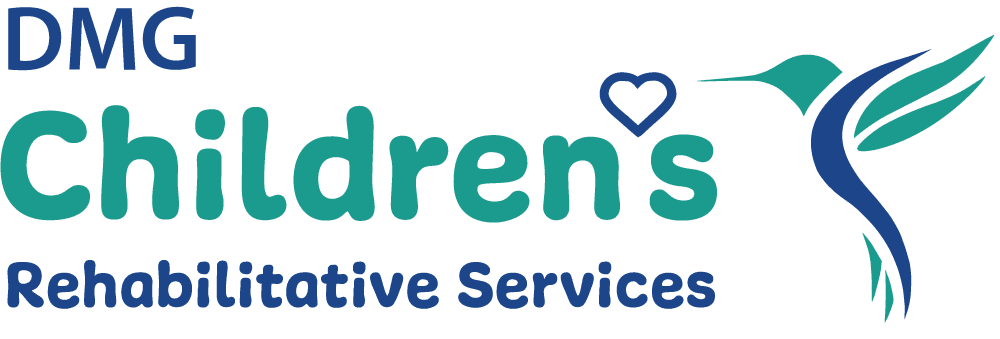Autoimmune Diseases Causes, Symptoms and Treatment
What are autoimmune diseases?
The immune system is the body’s natural defense fighting off things like bacteria and viruses 24 hours a day. When our body’s immune system turns against us, it is because of an autoimmune disorder. In autoimmune disease, the immune system mistakenly begins attacking healthy cells and tissues.
According to the National Institutes for Health, autoimmune disease affects 5%-8% of Americans and is increasing for unknown reasons. Autoimmunity tends to run in families. African American, Native American and Hispanic women are more susceptible to specific autoimmune disorders than the general population.
What are the symptoms of autoimmune disease in a child?
The most common symptoms of autoimmune disease in a child can be caused by a condition that has nothing to do with the immune system. Signs that your child may be having an immune system problem include:
These symptoms do not mean your child has an autoimmune disease. However, they do mean your child is ill and scheduling an appointment with your child’s pediatrician or primary care provider is needed.
What are the risk factors related to autoimmune disease?
Because there are many types of autoimmune disorders, risk factors vary. However, medical researchers have found strong links to the following factors:
What types of autoimmune diseases affect children?
Autoimmune diseases fall into two categories:
- Localized or organ-specific disorders: Affect one organ or a specific type of tissue
- Systemic or non-organ-specific disorders: Cause problems throughout the body
Localized autoimmune disorders and the organs they impact:
Systemic autoimmune disorders and the parts of the body they affect:
How are pediatric autoimmune disorders treated?
Your child’s care team will be led by a pediatric rheumatologist who will partner with you and your child’s pediatrician to help you understand your child’s disorder and develop a treatment plan. Your child’s care team may also include other medical specialists such as:
DMG CRS includes all these pediatric specialties as well as physical therapists, a pharmacy, labs and X-rays and more so your child can receive complete care in one location.



